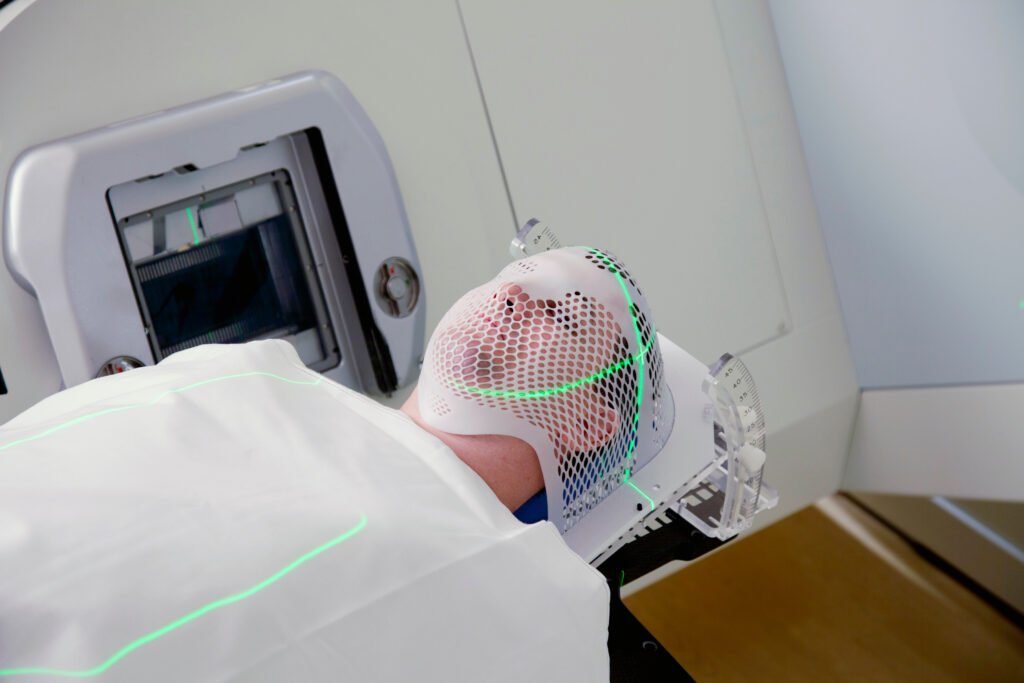Hypnotherapy aligns with the principles of psychoneuroimmunology (PNI) by helping the body shift from a state of stress to one of deep relaxation and healing. Through calming techniques and positive mental imagery, it reduces stress hormones like cortisol, promotes emotional calm, and may support immune function. Visualising a strong immune system or imagining the body healing can foster a meaningful internal shift.
By working collaboratively with the individual, hypnotherapy becomes a practical mind-body approach that supports emotional wellbeing while complementing the immune-supportive aims of PNI.
While PNI is not a cure for cancer, it can enhance the body’s ability to respond to treatment and help maintain stronger immune defences throughout the healing process.










